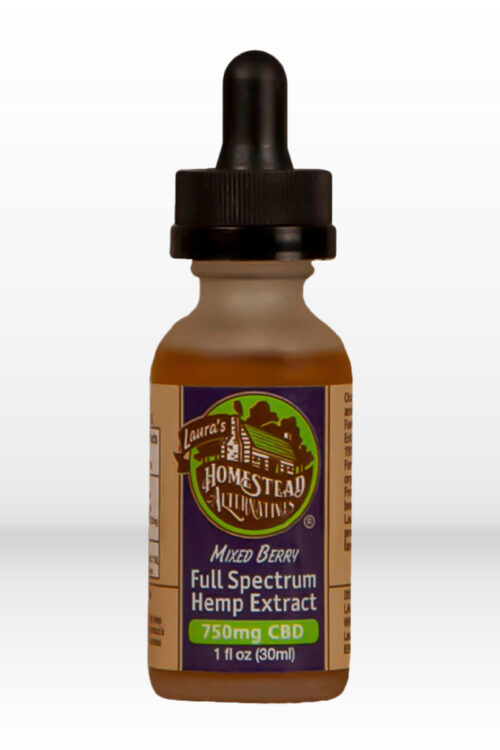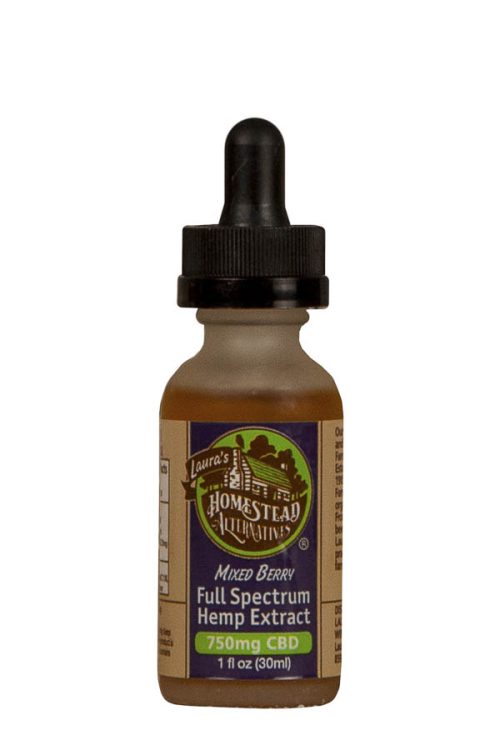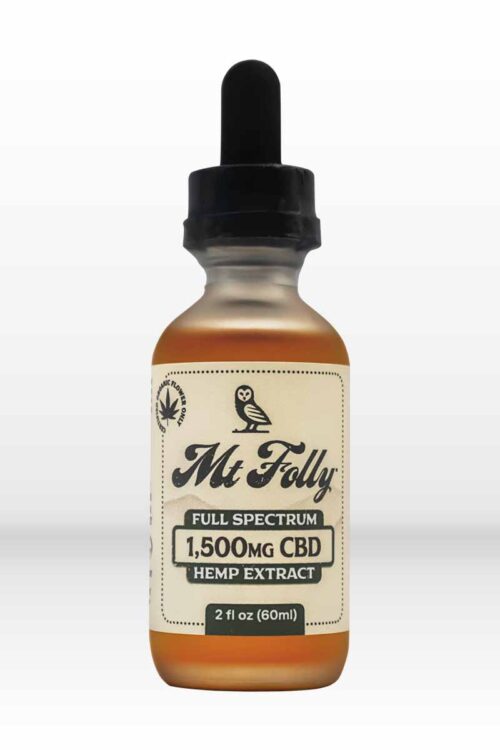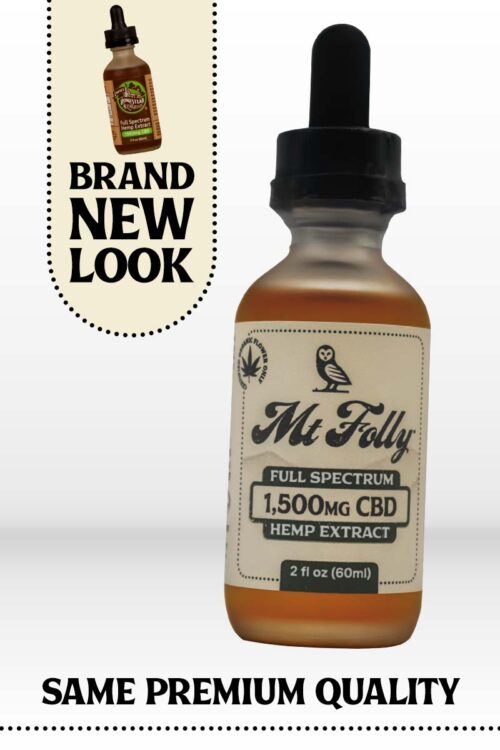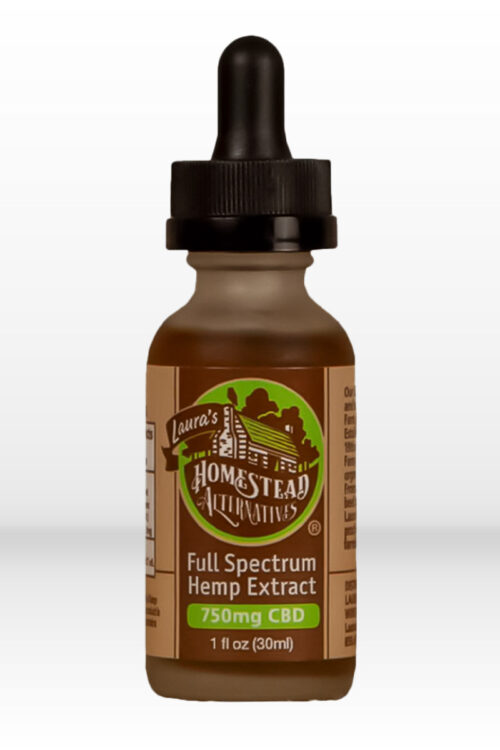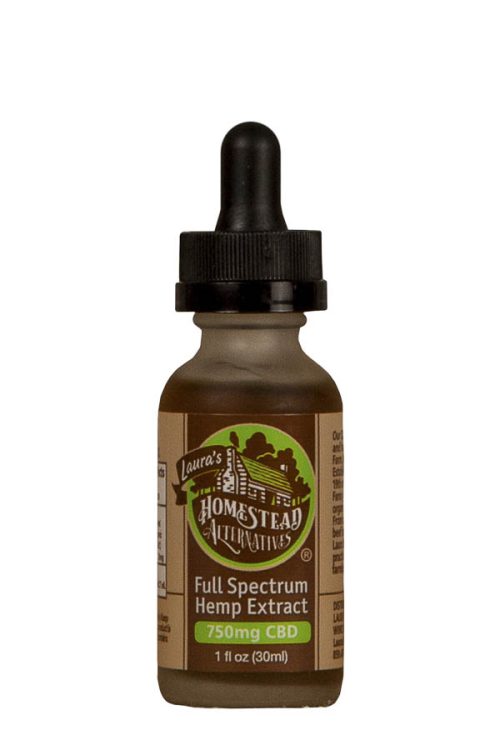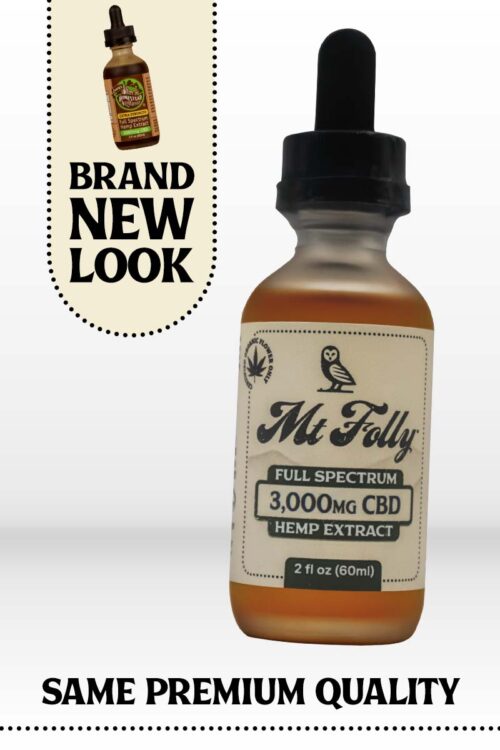Can I Use CBD Before and After Surgery? What You Should Know
As more people explore CBD (cannabidiol) for wellness purposes, questions arise about its use in the context of surgery. Can you use CBD before and after a procedure? While CBD has gained popularity for various reasons, including its interaction with the body’s endocannabinoid system, it’s essential to approach its use with caution and guidance from your healthcare provider.
Here’s what you need to know about CBD and its potential role in surgical care.
Understanding CBD
CBD is a compound derived from the hemp plant, known for its non-intoxicating effects. Unlike THC, CBD doesn’t produce a “high.” It’s often used in various forms, including oils, capsules, and topicals, and interacts with the body’s endocannabinoid system, which helps regulate processes like pain, mood, and inflammation.
While some people use CBD to support general wellness, its use in medical contexts, such as before or after surgery, requires careful consideration.
Using CBD Before Surgery
Preparing for surgery can be a stressful experience. Many people look for ways to calm their nerves or address discomfort in the days leading up to their procedure. While CBD is known for its potential calming effects, its use before surgery must be discussed with your healthcare provider.
Key Considerations:
Medication Interactions: CBD may interact with medications commonly used during surgery, such as blood thinners or anesthesia.
Dosage and Timing: If approved by your provider, they can help determine an appropriate dosage and timing to avoid complications.
Avoid Self-Medicating: Do not self-administer CBD without professional advice, as its safety and compatibility depend on your unique medical profile.
Using CBD After Surgery
Post-operative care is critical for recovery, and some patients explore CBD as a part of their regimen. For example, CBD may support general comfort and relaxation during this time. However, its use must be carefully planned in consultation with your healthcare team.
Important Points to Remember:
CBD and Pain Management: While CBD is not a substitute for prescribed medications, some patients find it a helpful addition to their overall recovery plan.
Inflammation and Swelling: Excessive inflammation can impede healing, and your provider may guide you on whether CBD could play a supportive role.
Monitoring Side Effects: Although CBD is generally well-tolerated, it can cause mild side effects, including fatigue or changes in appetite, which should be monitored after surgery.
Consultation Is Key
While CBD has potential benefits for general wellness, its role in pre- and post-surgical care should only be considered under the supervision of a qualified healthcare provider. Factors such as your medical history, the type of surgery, and any medications you’re taking must be assessed to ensure CBD is safe and beneficial for you.
CBD may complement recovery for some individuals after surgery, but it’s not a one-size-fits-all solution. If you’re considering incorporating CBD into your surgical care plan, always discuss it with your healthcare team to ensure it aligns with your overall treatment and recovery goals.
Your safety and recovery are the priority, so make informed decisions and rely on professional advice when exploring options like CBD in medical contexts.


